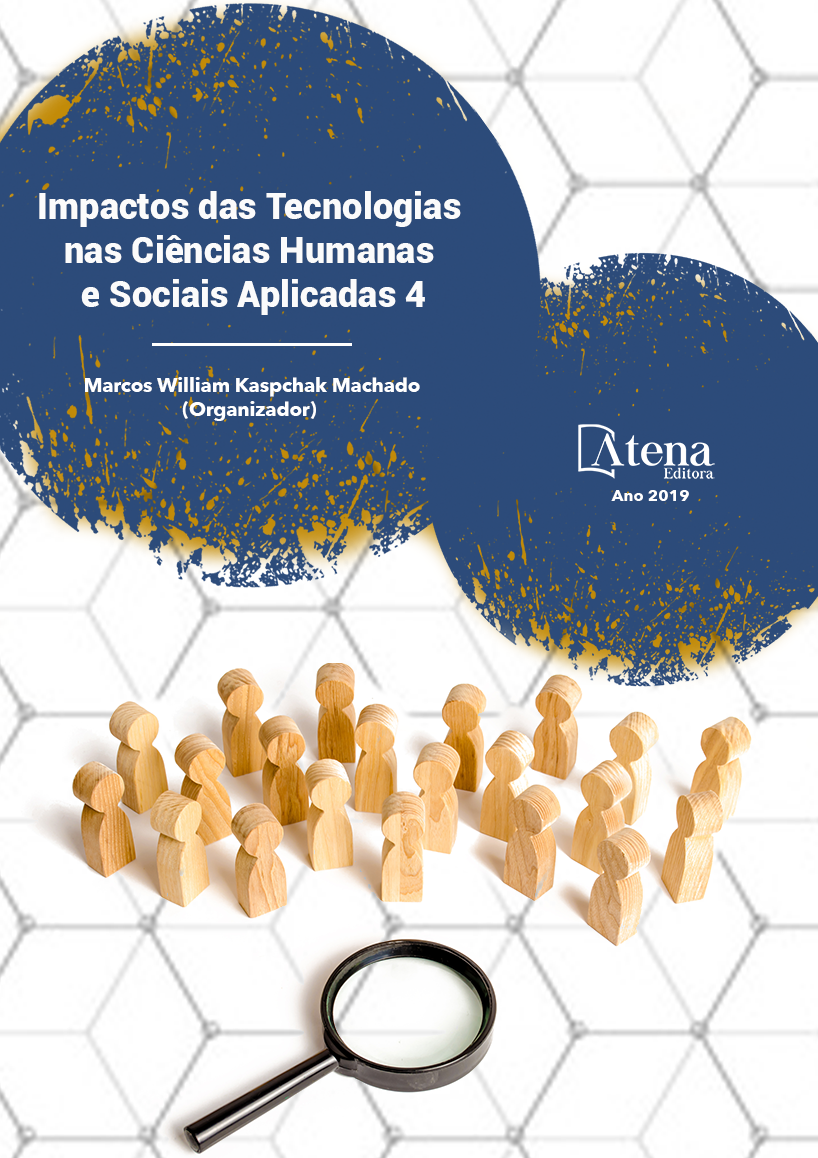
CULTURA QUILOMBOLA DO CEDRO EM PERSPECTIVA INTERCULTURAL NO ENSINO BÁSICO
O Brasil é conhecido por sua riqueza
ambiental e diversidade sociocultural. A tradição
de cada povo faz parte da cultura universal. Um
povo é valorizado pela sua história e segundo a
sua contribuição para a cultura de outros povos,
florescendo em seu tempo e conforme o legado
que deixa para as culturas que surgem depois
dele. É imperativo estabelecer um diálogo entre
as culturas diversas da aldeia global. Partindo
da constatação de que as comunidades
quilombolas têm passado por um processo de
aculturamento das novas gerações com a perda
do seu teor original de enraizamento, o objetivo
desse estudo é apresentar os resultados parciais
de uma pesquisa etnográfica e etnobotânica
que tem por finalidade resgatar as histórias
culturais locais e saberes da Comunidade
Quilombola do Cedro e a interrelação homemplanta,
fortalecendo a preservação das
diversidades culturais e vegetal, e contribuir
com uma educação antirracista por meio da
elaboração de material paradidático voltado
para a educação básica. A coleta de dados tem
ocorrido por meio de pesquisa-ação, observação
participante e entrevistas semiestruturadas
com moradores do Cedro. Os resultados
parciais apontam que os desafios do mundo
atual denunciam a fragilidade e a insuficiência
dos ideais modernos. Constatam, também, que
os currículos continuam a produzir e preservar
divisões e diferenças, reforçando a situação
de opressão de alguns indivíduos e grupos e
nesse sentido a escola destaca-se como lócus
social importante, pois propicia o cruzamento
entre culturas. Essa constatação comprova
a necessidade de que surjam propostas
inovadoras, científicas e tecnológicas, voltadas
para o ensino na Educação Básica a fim
de contribuir com um novo olhar, uma nova
postura, instrumentalizando o professorado
para promover uma mediação reflexiva sobre
as interações e o impacto que as diferentes
culturas exercem continuamente em seu
universo e seus atores.
CULTURA QUILOMBOLA DO CEDRO EM PERSPECTIVA INTERCULTURAL NO ENSINO BÁSICO
-
DOI: 10.22533/at.ed.64019110333
-
Palavras-chave: Comunidade Quilombola do Cedro. Interculturalidade. Lei n° 10.639/03.
-
Keywords: Quilombola Community of Cedar. Interculturality. Law nº. 10.639/03.
-
Abstract:
Brazil is known for its environmental richness and sociocultural diversity.
The tradition of each people is part of the universal culture. A people is valued for its
history and its contribution to the culture of other peoples, flourishing in its time and
according to the legacy that leaves to the cultures that arise after him. It is imperative
to establish a dialogue between the diverse cultures of the global village. Based on
the finding that quilombola communities have undergone a process of acculturation of
the new generations with the loss of their original rooting content, the objective of this
study is to present the partial results of an ethnographic and ethnobotanical research
that aims to rescue the stories cultural and local knowledge and knowledge of the
Quilombola Community of Cedar and the human-plant interrelationship, strengthening
the preservation of cultural and vegetal diversities, and contributing with antiracist
education through the elaboration of paradidático material for basic education. Data
collection has taken place through action research, participant observation and semistructured
interviews with residents of Cedro. The partial results indicate that the
challenges of the present world denounce the fragility and insufficiency of modern
ideals. They also show that curricula continue to produce and preserve divisions and
differences, reinforcing the oppression of some individuals and groups, and in this
sense the school stands out as an important social locus, as it fosters a cross-cultural
relationship. This finding proves the need for innovative, scientific and technological
proposals aimed at teaching in Basic Education in order to contribute with a new look,
a new posture, instrumentalizing the teaching staff to promote a reflexive mediation on
the interactions and the impact that the different cultures continually exert themselves
in their universe and their actors.
-
Número de páginas: 15
- Tatianne Silva Santos
- Maria Luiza Batista Bretas
- Matias Noll
- Tânia Regina Vieira


